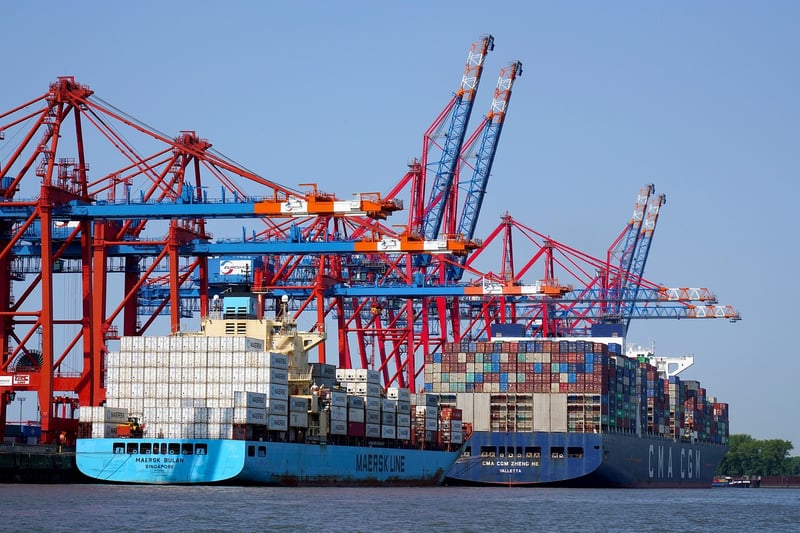Supply Chain Resilience
Preparing for Unexpected Events and Building Supply Chain Resilience
In today's dynamic business environment, preparing for unexpected events and fortifying supply chain resilience are critical aspects of ensuring business continuity and mitigating disruptions. Companies that effectively manage risks and build resilient supply chains are better equipped to navigate challenges and emerge stronger in the face of adversity.
Understanding Supply Chain Resilience
Supply chain resilience refers to the ability of a supply chain to anticipate, prepare for, respond to, and recover from disruptions. These disruptions can range from natural disasters and geopolitical events to supplier issues and demand fluctuations. By actively working to enhance resilience, companies can reduce the impact of disruptions and maintain operations even in challenging circumstances.
Key Strategies for Building Supply Chain Resilience
- Diversify Suppliers: Relying on a single source for critical components or materials can pose a significant risk. By diversifying suppliers geographically or having multiple suppliers for key items, companies can reduce dependency and enhance resilience.
- Enhance Visibility: Implementing advanced technologies such as IoT sensors, blockchain, and data analytics can provide real-time visibility into supply chain operations. This visibility enables proactive risk management and quick response to disruptions.
- Develop Contingency Plans: Creating robust contingency plans that outline alternative sourcing options, transportation modes, and communication protocols in the event of a disruption is essential. Regularly testing these plans ensures readiness in times of crisis.
- Collaborate with Partners: Building strong relationships with suppliers, logistics providers, and other partners fosters collaboration and information sharing. Working together on risk management strategies can strengthen the entire supply chain network.
Benefits of Supply Chain Resilience
Investing in supply chain resilience offers numerous benefits, including:
- Reduced Disruption Costs: Resilient supply chains can minimize the financial impact of disruptions, such as production delays or stockouts.
- Improved Customer Satisfaction: By maintaining seamless operations during disruptions, companies can enhance customer satisfaction and loyalty.
- Competitive Advantage: Building a resilient supply chain can differentiate a company in the market and attract customers who value reliability and continuity.
- Adaptability and Innovation: Resilient supply chains are more adaptable to changing market conditions and better positioned to drive innovation and growth.
Conclusion
As businesses face an increasingly complex and uncertain operating environment, prioritizing supply chain resilience is paramount. By proactively preparing for unexpected events and implementing robust strategies, companies can strengthen their supply chains, enhance operational efficiency, and thrive in the face of challenges.

For more information on building resilient supply chains and preparing for unexpected events, visit APICS.
